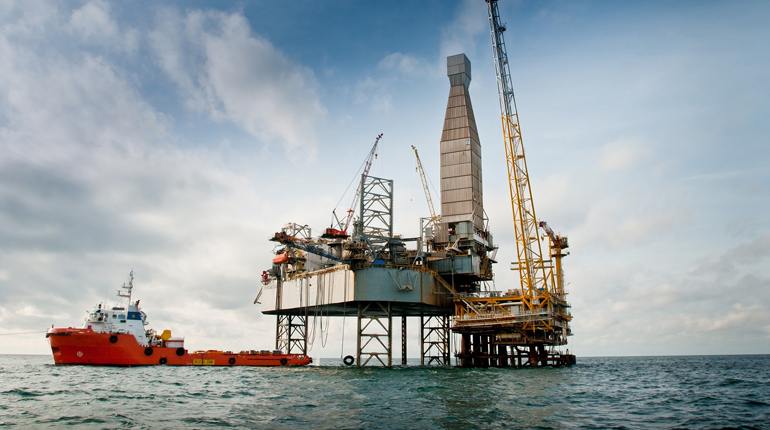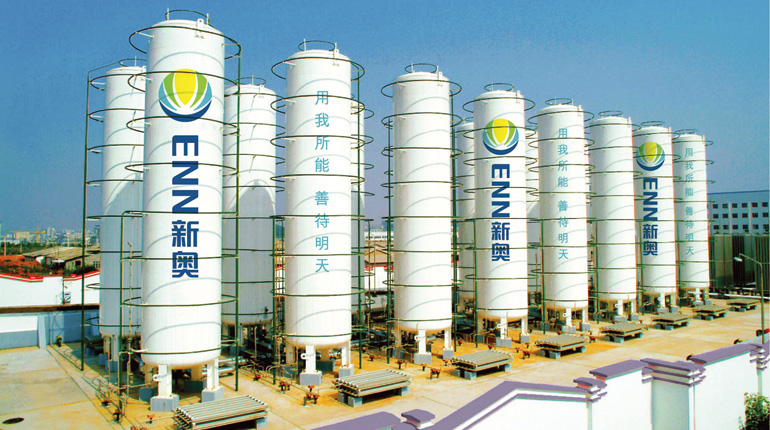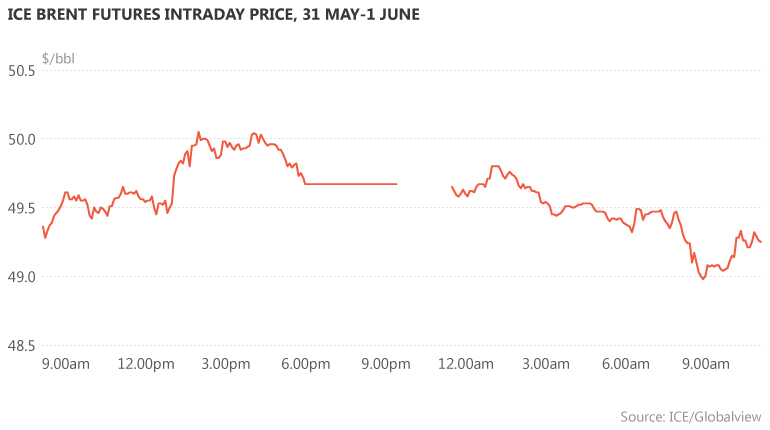 An offshore rig at Indonesia’s Mahakam block. The country hopes to revive production. (SKKMigas)
An offshore rig at Indonesia’s Mahakam block. The country hopes to revive production. (SKKMigas)
Indonesia’s government is scrambling to attract investors by offering new incentives in its latest bidding round, a move that has boosted hopes for the country’s underperforming upstream sector.
Under the new scheme, launched during the annual Indonesian Petroleum Association (IPA) conference in Jakarta last week, investors would propose the production split and signature bonus. Previously the government set fixed figures for both.
The new bidding round comprises 15 blocks, with the government hoping the incentives will yield a better result than last year’s tender, which failed to attract any winning bids.
The incentives show senior decision makers in the government are starting to realise that reviving flagging oil and gas investment is crucial to ensuring the sustainable energy supplies necessary to bolster economic growth in Indonesia, which is a net importer of oil.
The government is beginning to listen to the oil and gas industry, Christina Verchere, the president of the IPA, told Interfax Natural Gas Daily on the sidelines of the conference.
"They are at the table. There is a greater desire for consultation although it’s not at the level it should be at yet," added Verchere, who is also Asia Pacific president at BP.
During the opening ceremony of the 40th IPA congress, Indonesia’s coordinating minister for economic affairs, Darmin Nasution, conceded the fall in global crude prices was not the only factor making investment in Indonesia’s oil and gas sector unattractive. "The basic design of the government policy is not supportive, especially in the upstream oil and gas sector," he told delegates.
Since President Joko Widodo’s government took power in late 2014, much-needed fiscal and regulatory upstream reform has been slow. However, the speed of reform looks set to change.
"We will refine the policy design of the oil and gas sector this year because we do not have the luxury to delay it till next year," said Nasution. He added that, without sustainable energy supplies, Indonesia, which has one of the world’s fastest expanding economies, will not realise its economic potential.
Much depends on the new oil and gas law that is being drafted. It needs to be finalised before many of the proposed reforms can be implemented. Parliament is working on the draft, which was due to be finished last year, but the timing remains unknown as it is still being debated, Susilo Siswoutomo, a former vice energy minister and now commissioner at state upstream player PGN Saka, told Interfax Natural Gas Daily.
Darmawan Prasodjo, deputy chief of staff at the president’s executive office, said the president is aware of the issues facing the upstream sector and that Widodo will take action this year. "The point is to design a conducive business-like environment for oil and gas, rather than a bureaucratic-like mindset. Help is on the way," he told Interfax Natural Gas Daily.
A number of incentives are being considered to reinvigorate investment, including more flexible production-sharing contracts and exploration periods, increased incentives for deepwater projects, and tax holidays, Gusti Nyoman Wiratmaja Puja, director general of the Oil and Gas Ministry, told reporters.
Adapt to compete
Craig McMahon, head of Asia Pacific research at Wood Mackenzie, warned Indonesia must adapt if it wants to grow and compete for capital with other parts of the world. "The oil price downturn offers a political opportunity to make changes and the government can position itself for the upturn," he said.
"Investors need a predictable and clear line of sight from discovery to development, which globally takes on average eight years, but in Indonesia it is 16 years, which kills the economics," he added.
Unless Indonesia revives its hydrocarbon production it will be increasingly reliant on imported energy. Oil imports are expected to triple by the end of the decade and gas imports are projected to start in 2019.
McMahon challenged the perception that the sprawling archipelago is a mature hydrocarbon producer as its deepwaters have hardly been explored. "Its inconceivable that there is no more oil and gas out there," he said.
Cederic Cremers, vice president commercial and new business development in Asia for Shell, told delegates that Indonesia is still very attractive because of its prolific basins and active oil and gas industry. "It is fertile ground – if the desire is there to move forward, then the opportunity [is there] to catch up with other countries [and] to attract investment."
Investors need viable economic returns, quality investment opportunities and an easy business environment to enable them to compete for capital within their own companies. "What we need from the government is attractive returns and a regulatory environment that ensures this capital comes to Indonesia," said Verchere.
"In recent years the government has focused on deregulating the downstream sector, and I hope [it] will not ignore [deregulation in] the upstream sector," added Verchere.








Talk to us
Natural Gas Daily welcomes your comments. Email us at [email protected].